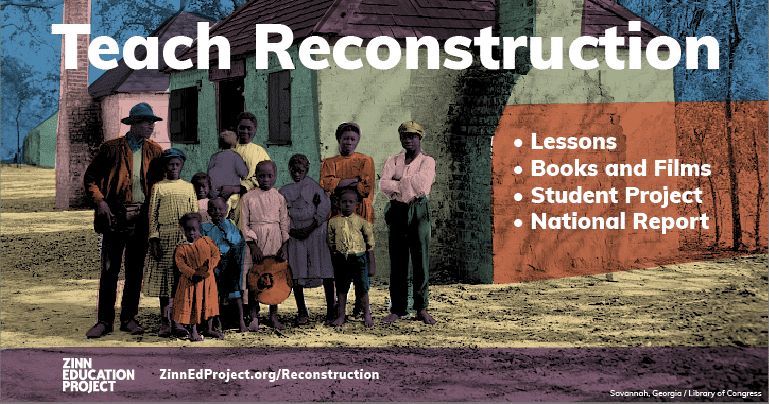
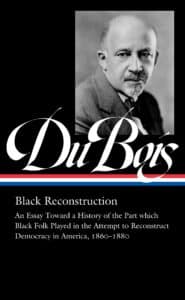 In his 1935 book, Black Reconstruction in America, W. E. B. Du Bois wrote, “One cannot study Reconstruction without first frankly facing the facts of universal lying.” He denounced the Dunning School, the dominant approach to Reconstruction at the time, which denied Black achievements and celebrated white supremacy.
In his 1935 book, Black Reconstruction in America, W. E. B. Du Bois wrote, “One cannot study Reconstruction without first frankly facing the facts of universal lying.” He denounced the Dunning School, the dominant approach to Reconstruction at the time, which denied Black achievements and celebrated white supremacy.
Current scholarship is no longer dominated by the lies that Du Bois exposed in 1935, but those lies still loom large in popular understandings of Reconstruction. In writing a national report on the teaching of Reconstruction, Zinn Education Project researchers found the influence of the Dunning School in more than a dozen states’ standards and curricula.
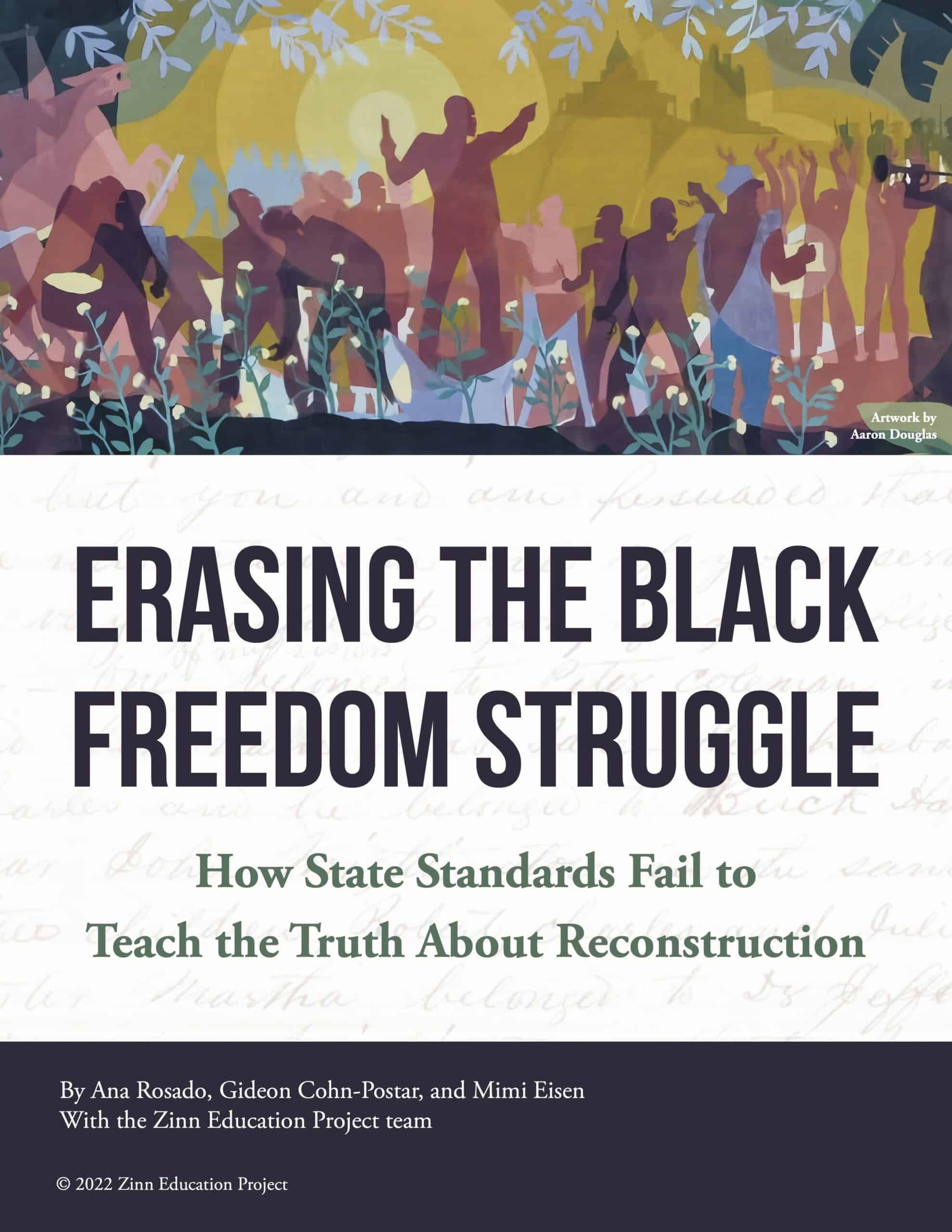 The national report, “Erasing the Black Freedom Struggle: How State Standards Fail to Teach the Truth About Reconstruction,” was released in January of 2022 as part of our Teach Reconstruction campaign. We examined K–12 state social studies standards, interviewed educators, and concluded: State standards are awful; they misrepresent Reconstruction and need to be radically transformed.
The national report, “Erasing the Black Freedom Struggle: How State Standards Fail to Teach the Truth About Reconstruction,” was released in January of 2022 as part of our Teach Reconstruction campaign. We examined K–12 state social studies standards, interviewed educators, and concluded: State standards are awful; they misrepresent Reconstruction and need to be radically transformed.
The Dunning School’s distorted scholarship framed Reconstruction as an illegitimate enterprise that failed to sustain multiracial democracy. For much of the 20th century, this bogus history was used to justify denying Black people full citizenship. Its proponents used the pretense of scholarly objectivity to erase from the historical record Reconstruction’s monumental Black-led advances for racial justice.
Many K–12 standards seem to have followed suit. They emphasize the “failures” of Reconstruction, overshadowing its transformative nature and obscuring how white supremacists dismantled it precisely because of its successes. The “lies agreed upon” that Du Bois critiqued in Black Reconstruction are still alive and well. Learn more about the state of Reconstruction education and find recommendations for improvement in the upcoming report.
This report represents a comprehensive effort by the Zinn Education Project to understand Reconstruction’s place in state social studies standards across the United States, examine the nature and extent of the barriers to teaching effective Reconstruction history, and make focused recommendations for improvement.
Using our own Reconstruction standards as a guide, we examined course requirements, frameworks, and support for teachers. We also include stories about creative efforts by districts and/or individual teachers in each state to teach outside the textbook about Reconstruction.
Zinn Education Project Reconstruction Standards
The Zinn Education Project created and rooted our assessment of the state of Reconstruction education in the set of teaching and learning standards below. These standards were developed in collaboration with scholars and teachers.
The foundational premise of any set of teaching and learning standards for the Reconstruction era should be Black people’s agency, highlighting both what Black people did (to end slavery, engage in politics, build institutions, etc.) and what goals, beliefs, and motivations undergirded those actions. Descriptions of the violent backlash to Reconstruction should emphasize how white supremacist ideology drove the effort to overturn multiracial democracy in the South and shaped the political and economic development of the entire nation after the Civil War. Read in full here.
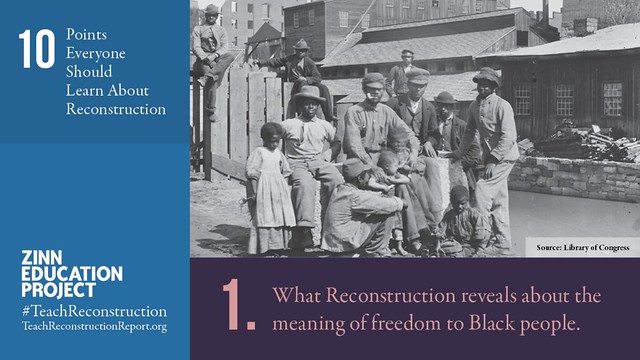
It is our hope that states and districts will adopt these guidelines for their own educational standards, curricula, and professional development. In so doing, they will be better equipped to teach students the true history of Reconstruction, help students understand its significance and make connections to the present day. And they will empower teachers to educate their students and themselves about ongoing Reconstruction scholarship.
Teach Reconstruction Classroom Resources
Our Teach Reconstruction campaign offers lessons, articles, films, books, and a student project for K-12.
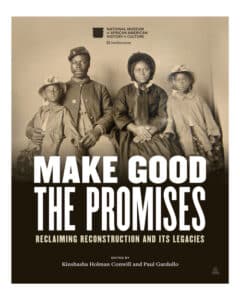 Here are a few introductory podcasts on the Reconstruction era.
Here are a few introductory podcasts on the Reconstruction era.
- Seizing Freedom by Kidada E. Williams offers stories about how African Americans freed themselves during the Civil War and built new lives during Reconstruction
- Teaching Hard History: Reconstruction 101: Progress and Backlash with Hasan Jeffries, interviewing Kate Masur and Ahmad Ward
- Slate on Reconstruction with Jamelle Bouie and Rebecca Onion
The National Museum of African American History and Culture (NMAAHC) offers digital resources from their 2022 special exhibit on Reconstruction, Make Good the Promises.
Open Letter from Scholars on Reconstruction
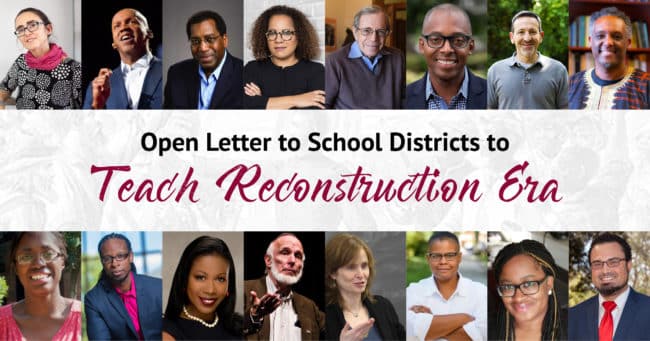
As the nation faces ongoing threats of white supremacist violence and voter suppression legislation, more than 200 prominent scholars of U.S. history signed an open letter urging school districts to devote more time and resources to teaching the Reconstruction era in upper elementary, middle, and high school U.S. history and civics courses.
The letter’s signatories include Eric Foner, Ibram X. Kendi, Isabel Wilkerson, Bryan Stevenson, Keeanga-Yamahtta Taylor, Charles Payne, Kate Masur, James Loewen, Greg Carr, Keisha Blain, Khalil Gibran Muhammad, Joshua Rothman, Tyler Parry, Hilary Green, Erica Armstrong Dunbar, and Jeanne Theoharis.
Gregory P. Downs, professor at the University of California at Davis, explains why he signed this letter:
If students don’t understand Reconstruction, they don’t understand U.S. history, politics, or form of government, nor do they understand the history of racism and racial oppression in the country. I signed this open letter because no period in U.S. history is more important for the nation’s story nor more relevant to the students’ experiences today.
Open Letter and Full List of Scholars
Credits
The lead researchers and writers for the report are Ana Rosado, Gideon Cohn-Postar, and Mimi Eisen with the Zinn Education Project team, and contributions by Joshua Strayhorn, Kristina Williams, and Reina Henderson. The Teach Reconstruction campaign advisors provided substantive feedback.
Educator Survey
The report will be continuously updated. Teachers and other staff at the state, district, or classroom level are invited to complete the short survey below. Respondents receive a subscription to Rethinking Schools magazine in appreciation for their time.
Teacher & Other School Staff Survey
Staff & District Leader Survey
Find resources below to learn more and to introduce Reconstruction history in the classroom.


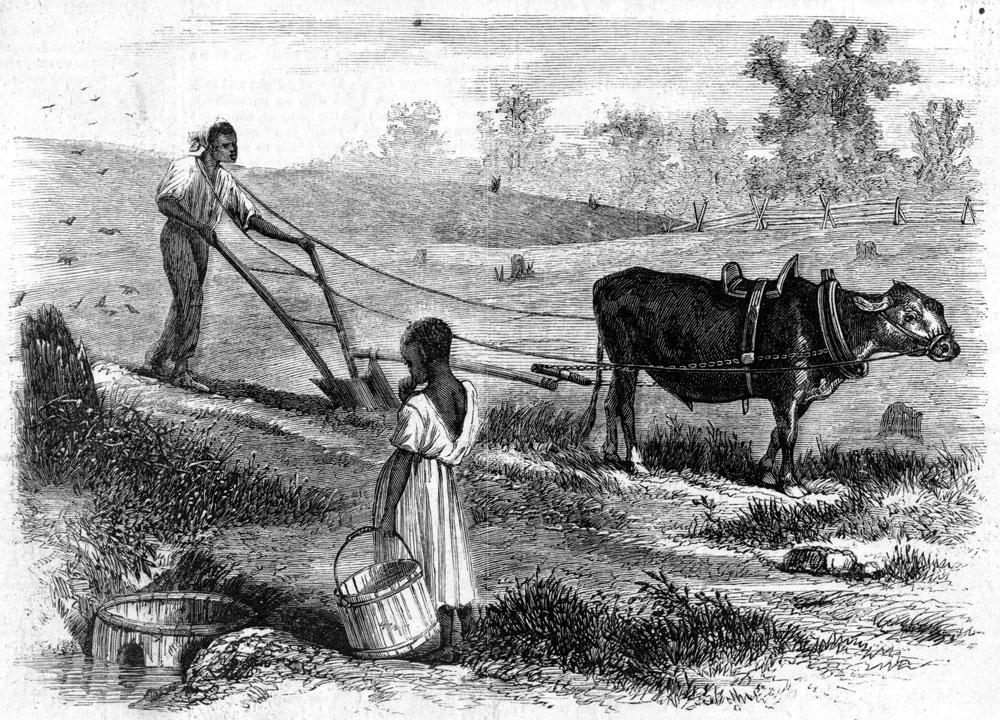
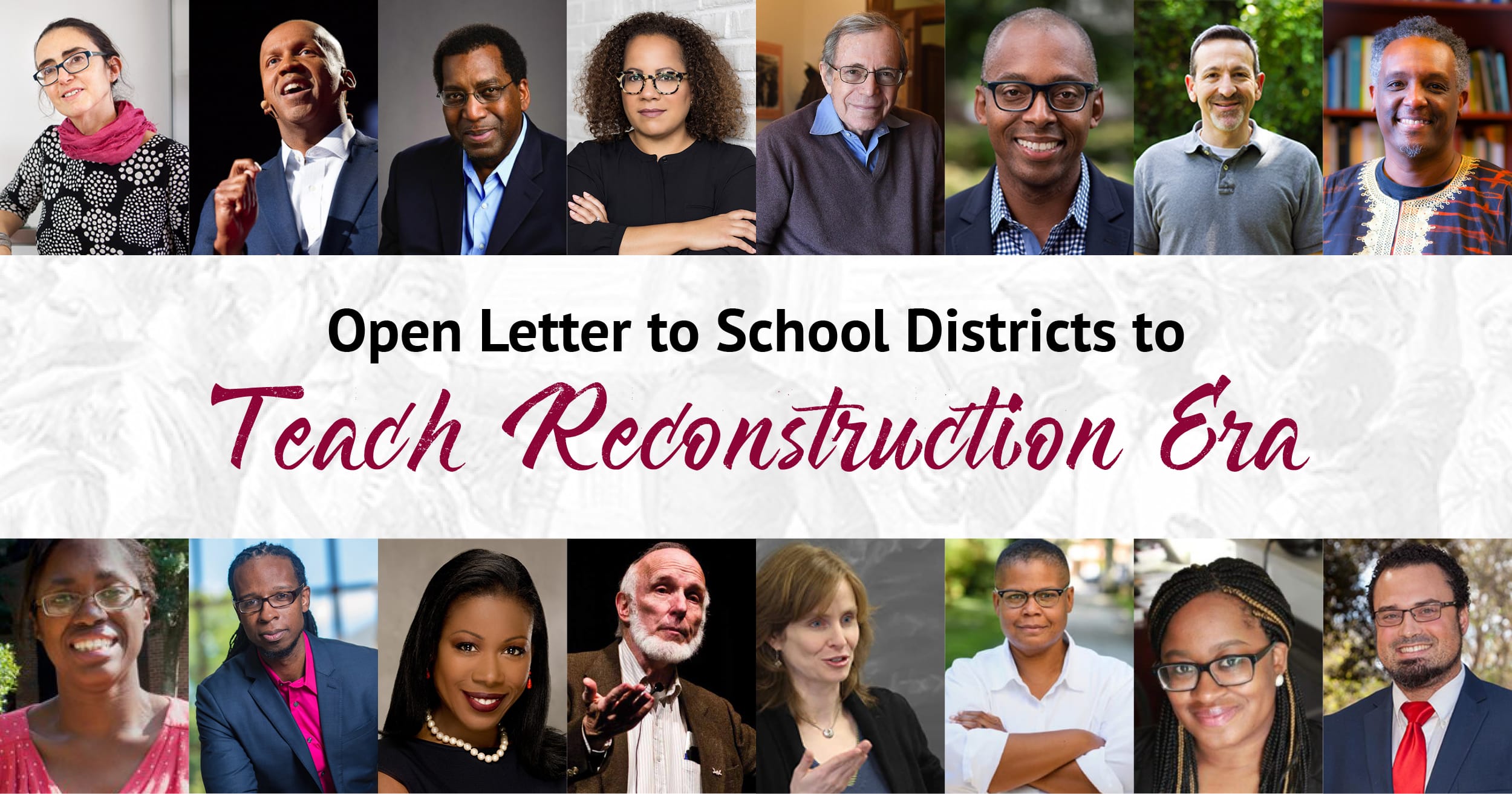
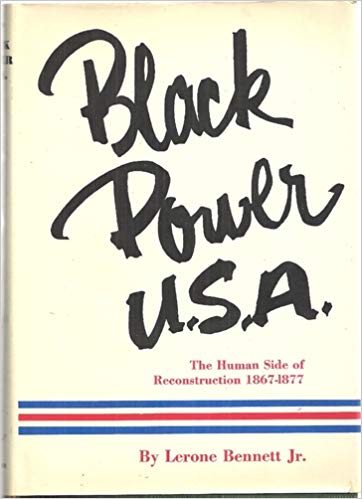
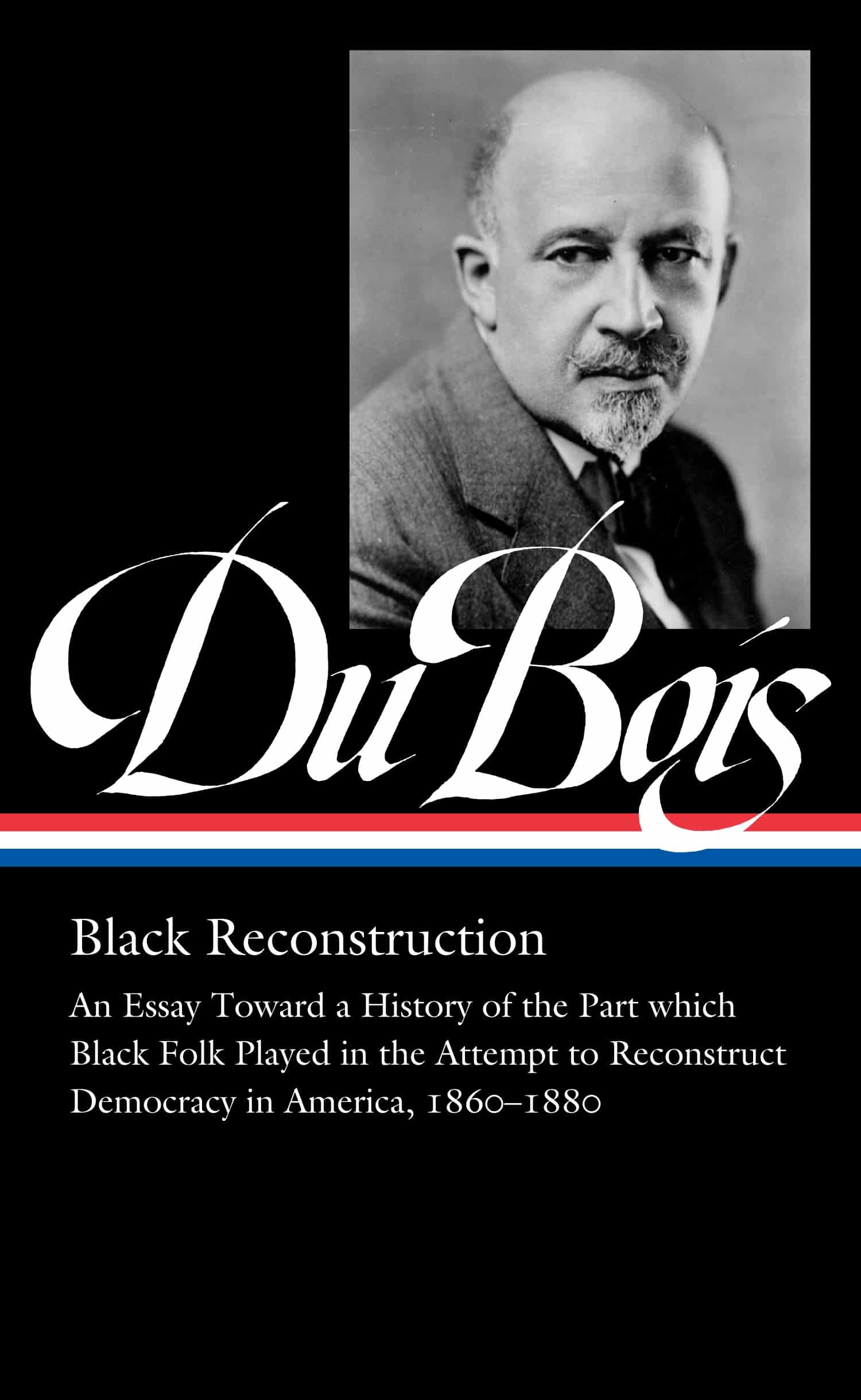
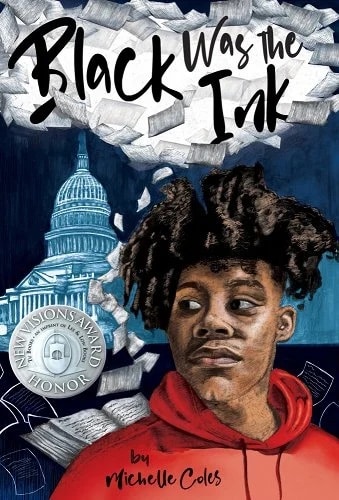
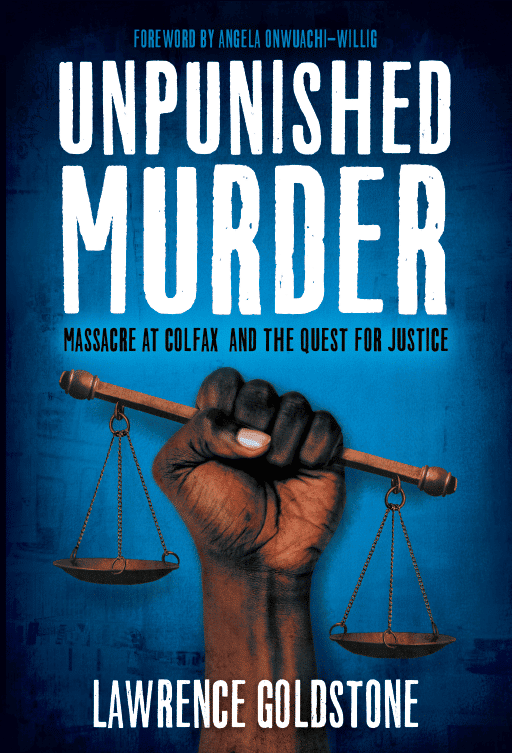
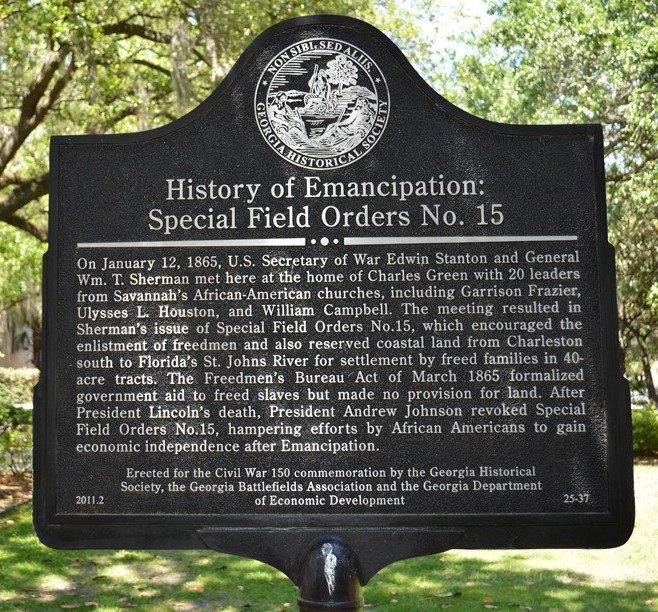
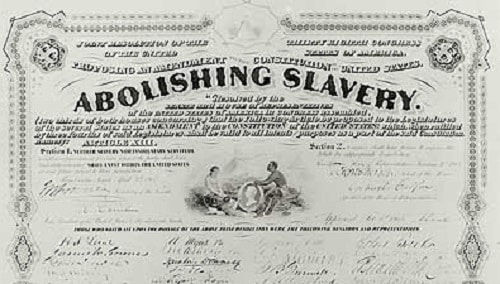
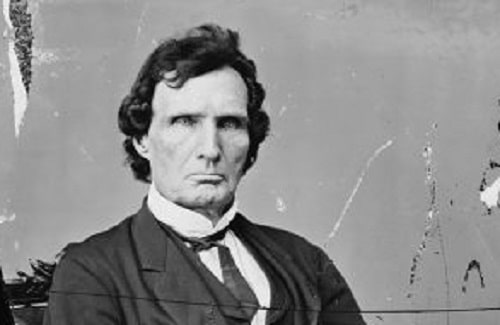
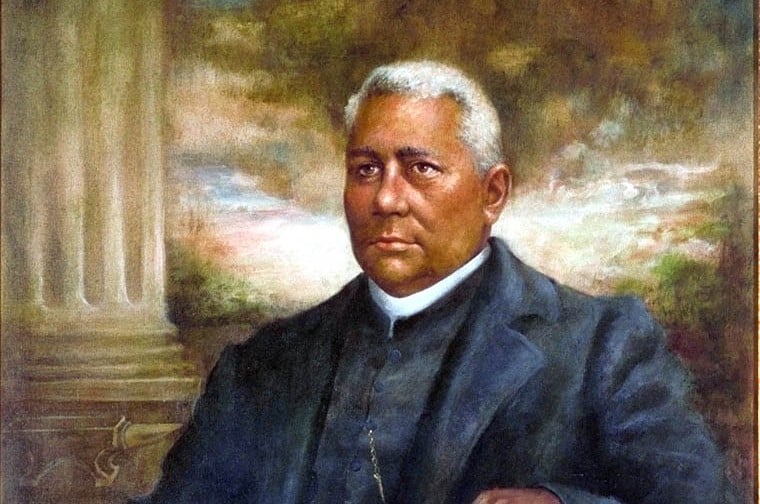
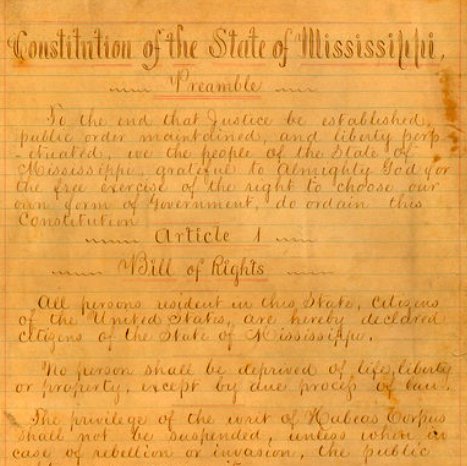
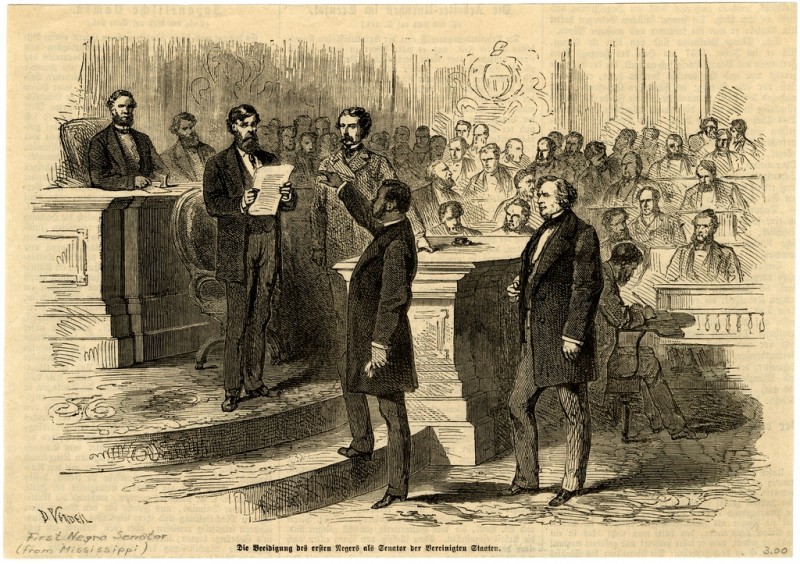
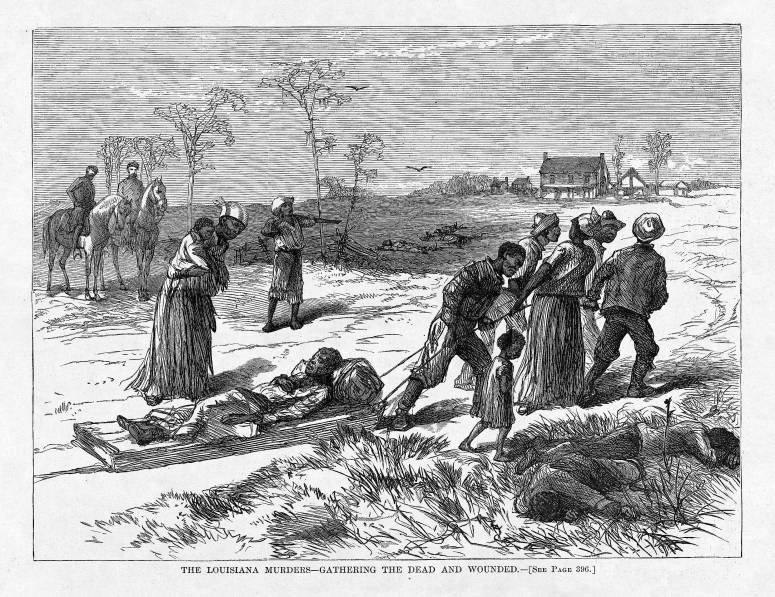





Twitter
Google plus
LinkedIn